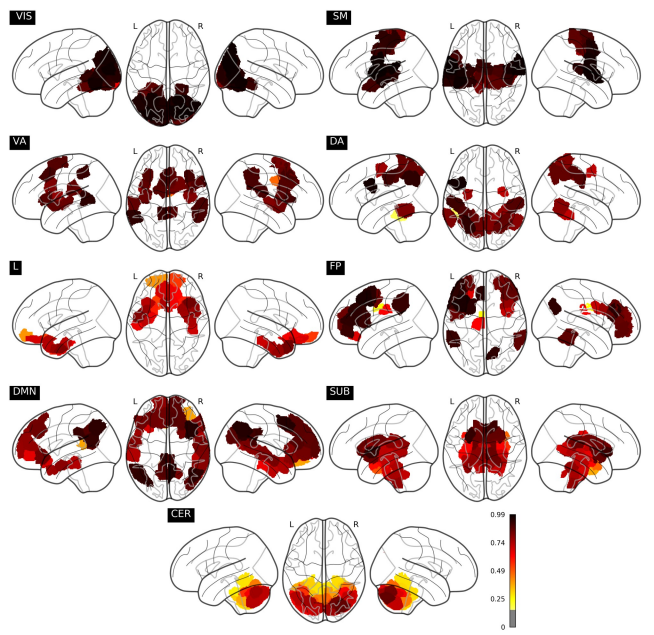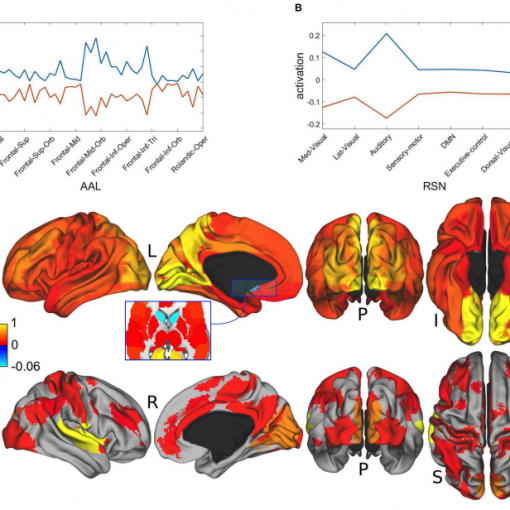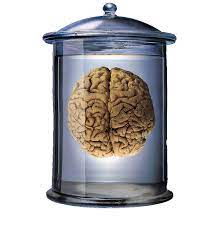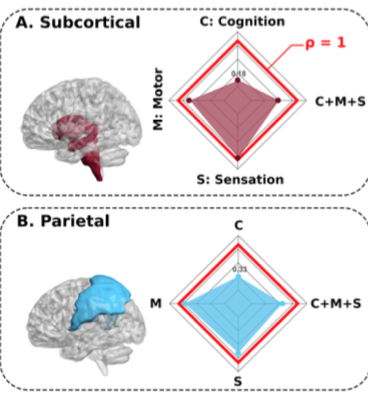Javier Rasero, Hannelore Aerts, Marlis Ontivero Ortega, Jesus M. Cortes, Sebastiano Stramaglia , Daniele Marinazzo. Predicting functional networks from region connectivity profiles in task-based versus resting-state fMRI data
PLoS One, 13: e0207385, 2018 [pdf]
Abstract
Intrinsic Connectivity Networks, patterns of correlated activity emerging from “resting-state” BOLD time series, are increasingly being associated with cognitive, clinical, and behavioral aspects, and compared with patterns of activity elicited by specific tasks. We study the reconfiguration of brain networks between task and resting-state conditions by a machine learning approach, to highlight the Intrinsic Connectivity Networks (ICNs) which are more affected by the change of network configurations in task vs. rest. To this end, we use a large cohort of publicly available data in both resting and task-based fMRI paradigms. By applying a battery of different supervised classifiers relying only on task-based measurements, we show that the highest accuracy to predict ICNs is reached with a simple neural network of one hidden layer. In addition, when testing the fitted model on resting state measurements, such architecture yields a performance close to 90% for areas connected to the task performed, which mainly involve the visual and sensorimotor cortex, whilst a relevant decrease of the performance is observed in the other ICNs. On one hand, our results confirm the correspondence of ICNs in both paradigms (task and resting) thus opening a window for future clinical applications to subjects whose participation in a required task cannot be guaranteed. On the other hand it is shown that brain areas not involved in the task display different connectivity patterns in the two paradigms.





